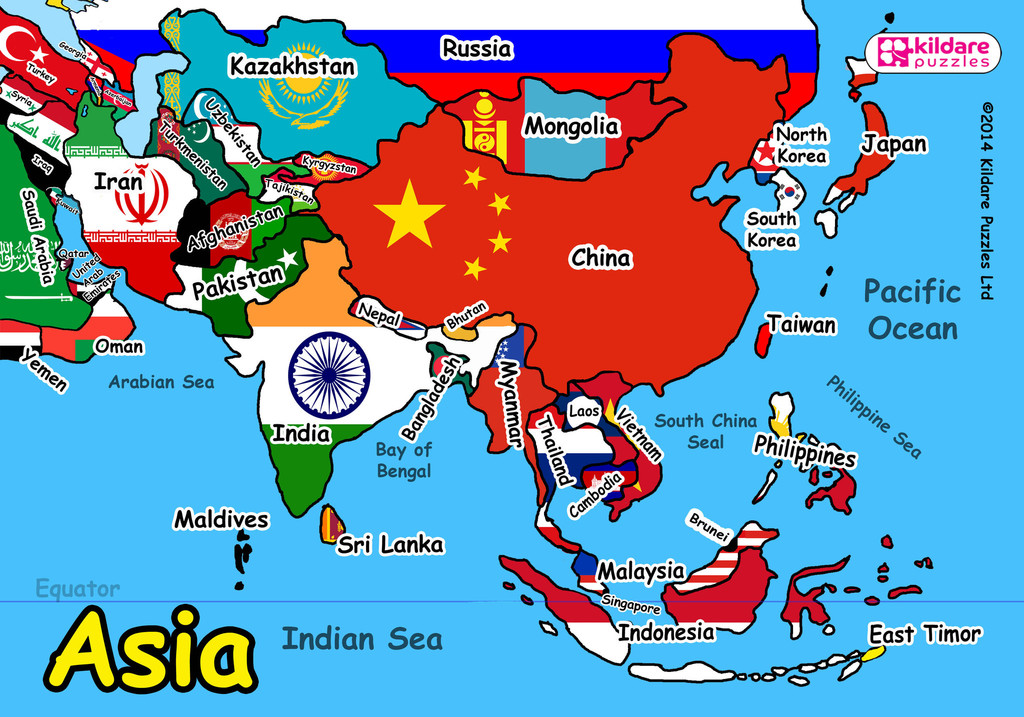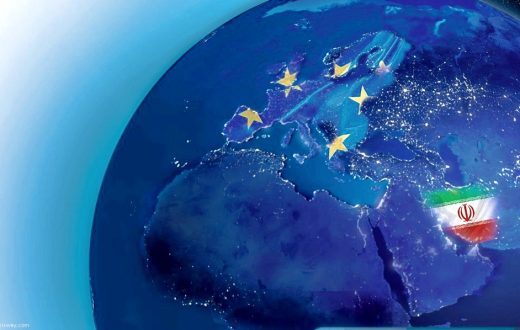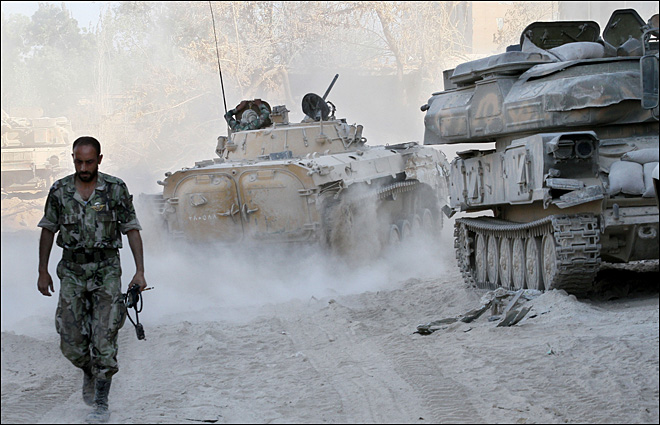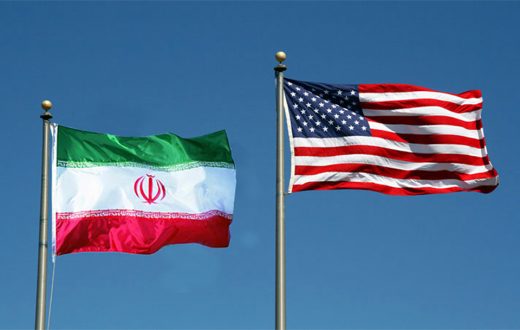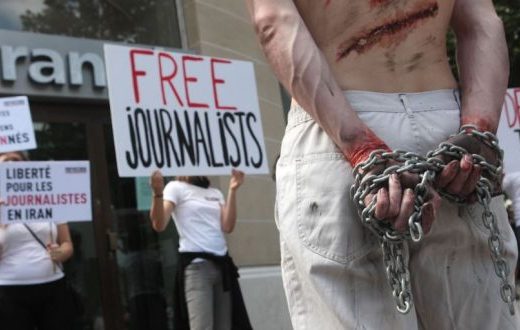On January 7th , it was reported that the Iranian embassy in Sanaa, Yemen, was bombed by a Saudi airstrike. The attacks is probably deliberate after heightened tensions between the two countries these recent details. The details about the incident are still unclear, but for the Iranian Foreign Ministry spokesman, Jaber Ansari , it is clear that this airstrike on its embassy is a clear ” violation of all international conventions that protect in general diplomatic missions” all other the world. Iran would hold Saudi Arabia , the leader of the Anti-Houthis coalition , responsible for the injuries and the damages caused to the Iranian diplomatic Staff.
In response, coalition spokesman Brig. Gen. Ahmed Asseri said that personnel would investigate the Iranian claims and confirmed that there had been multiple airstrikes across Sanaa the evening of Jan. 6 targeting missile launchers used by Houthi rebels. Asseri added that the Houthi rebels had been using abandoned embassies to launch rocket attacks and accused Iran of failing to provide the coordinates of the embassy to the coalition following an earlier coalition request. Asseri also dismissed the accusations by Iran as not credible because they are based on information provided by the Houthis.
Stratfor reported information found on social media the evening of Jan. 6 that indicated a Saudi-led coalition airstrike had hit near the Iranian Embassy in Sanaa. Recent eyewitness reports suggest that the embassy building has not been visibly damaged. While it is unclear whether the Saudi airstrike did in fact hit the Iranian site, it is still notable that Iran is accusing the Saudi-led coalition of deliberately targeting its diplomatic mission days after Iranian protesters stormed the Saudi embassy in Tehran in response to the Saudi execution of Shiite cleric Nimr al-Nimr.
The coalition’s allegations that Houthi rebels are using embassies to carry out rocket attacks imply that the Iranian Embassy may still be a viable target for coalition forces. Most foreign embassies in Sanaa were evacuated around February 2015 in response to the Houthi takeover of the Yemeni capital, but there is no evidence that Iran has fully abandoned its embassy yet. In fact, Yemeni Foreign Minister Riad Yassin claimed that four months earlier, the Iranian Embassy in Sanaa had become a “Houthi operations room” and accused Iranian intelligence and military personnel from the embassy of helping the Houthis organize attacks.
Tit-for-tat attacks on diplomatic missions are a highly visible and serious component to the broader confrontation between Iran and Saudi-led Sunni powers in the region. That said, the accusations do not necessarily indicate that the conflict between Saudi Arabia and Iran will escalate. Both sides will use proxy battlespaces to carry out symbolic attacks while fortifying their militant allies. Moreover, Iran has a history of carrying out covert attacks against foreign interests overseas, and it is possible that Iranian militant proxies could target Saudi diplomats or businesses. In each of these cases, both sides will aim to maintain plausible deniability. Neither Iran nor Saudi Arabia is prepared for a direct military confrontation.
The United States is especially keen to avoid involvement in a sectarian battle between the two historical adversaries. To de-escalate the situation, Washington will make clear to Saudi Arabia that there are limits to U.S. military sponsorship of Saudi Arabia and will try to refocus attention on the fight against the Islamic State. Sunni powers, including Bahrain, Kuwait, the United Arab Emirates and Qatar, have shown solidarity with Saudi Arabia by downgrading or cutting diplomatic ties with Iran amid the ongoing spat between the two countries. But these Sunni nations will be wary of inviting attacks on themselves during any further escalation, creating the potential for greater divisions within the Saudi-led coalition.


